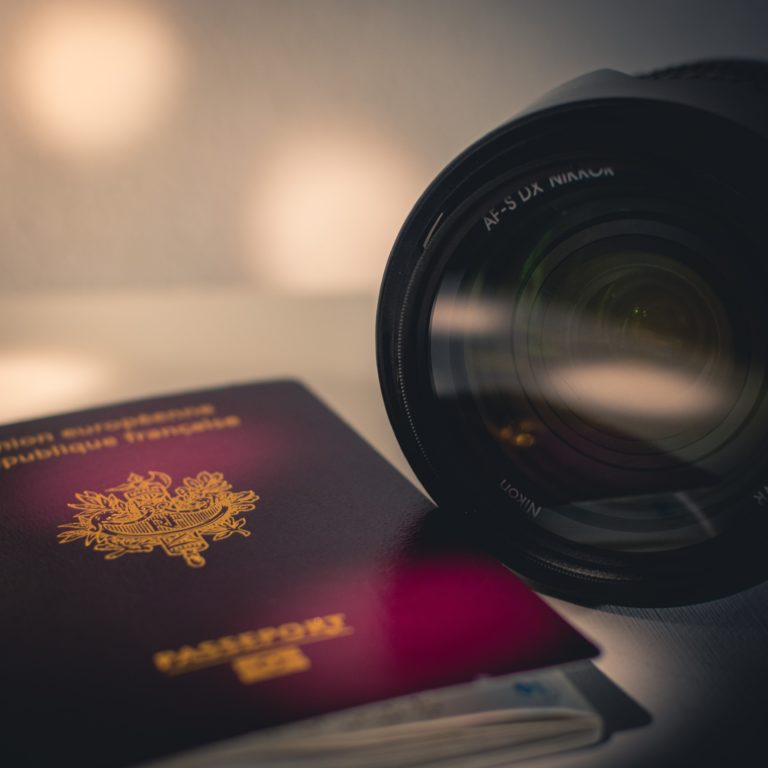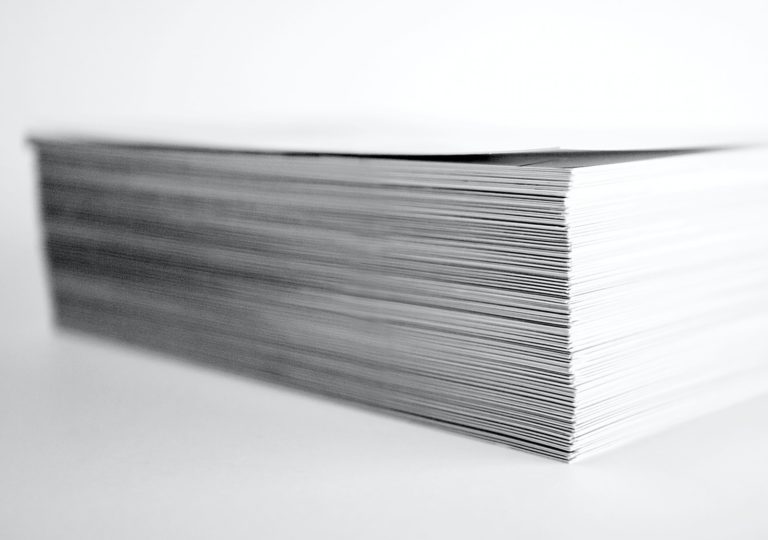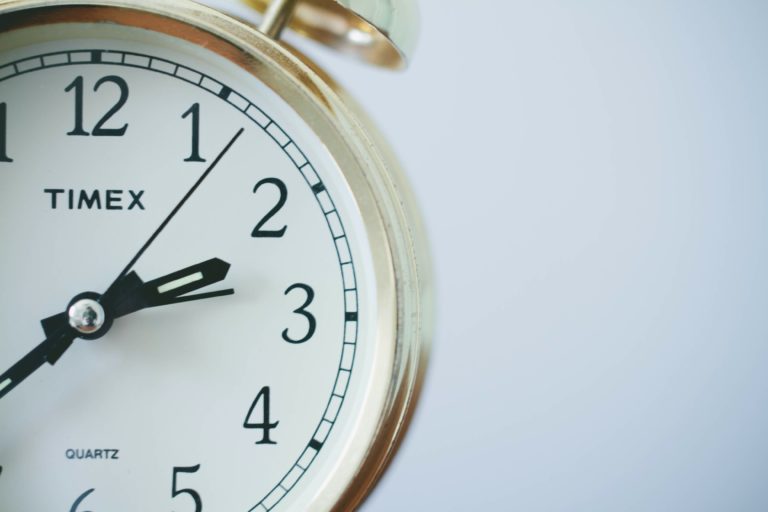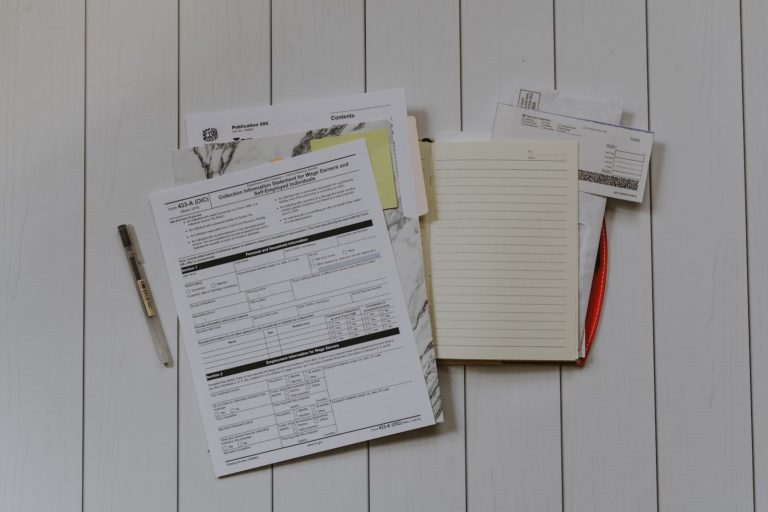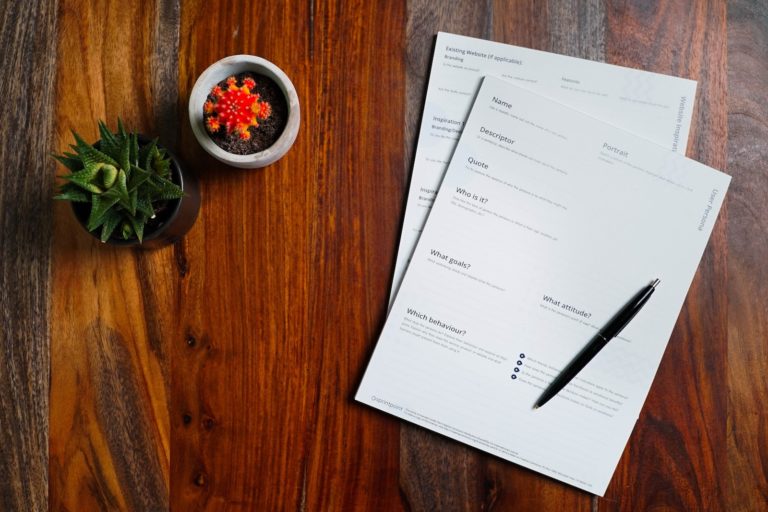How do you waive the Two-Year Home Residency Requirement for J-1 visa?
Who qualifies for a J-1 visa waiver and how do you apply?
Following the conclusion of their exchange program, certain J-1 visa holders are forced to return to their country of origin for two years. The “two-year home-country physical presence requirement” is a regulation that was put in place to ensure a genuine exchange of ideas after the J-1 student visa ends.
The criteria must be followed by those affected by it, or they may request a J-1 visa waiver if they qualify. Discover your eligibility for a waiver and the application process.
- Is the J-1 Home Residency Requirement applicable to me?
- Who Meets the J-1 Waiver Requirements?
- How to Submit a J-1 Visa Waiver Application
Our Love Visa can assist you in getting ready for your visa interview and address any queries you may have about exchange visas. Find out more about the assistance we provide.
The Our Love Visa Experience
Our Love Visa has a simple mission. We believe it should not be difficult or expensive to bring couples together. OLV has helped thousands of couples navigate the immigration process, and it would be a privilege to help you too.
Am I Subject to the J-1 Home Residency Requirement?
The two-year physical presence requirement only applies to certain J-1 visa recipients. The two-year requirement for physical presence is triggered by one of three circumstances. These are what they are:
- The recipient took part in a program that was at least partially, directly or indirectly, supported by the government of either their native nation or the United States.
- The applicant was granted a J-1 visa to receive graduate medical training.
- The applicant pursued training in a specialty that the U.S. Secretary of State has determined crucial for advancing the national interests of the applicant’s country of residence. On the U.S. Dept of State website, you may discover a list of talents (arranged by country).
If you fall into one of these categories:
The two-year physical presence requirement applies to visa holders who fall into one of the above three categories. As a result, they will have to stay in their native country for two years when their exchange program is through. They will still be allowed to enter the U.S., but they won’t be eligible for certain advantages, such as:
- Converting to a legal permanent resident
- Changing status to an L transferee visa or an H work visa
- Obtaining a K-1 fiancé visa, an L transferee visa, or a temporary work visa
- Acquiring a visa for immigration at a U.S. embassy or consulate
The J-1 visa holder may be eligible to apply for a waiver if they choose to stay in the United States while otherwise being subject to the two-year physical presence requirement.
Unsure of your eligibility to submit a J-1 exchange student visa application? Check your eligibility first.
Who Qualifies for the J-1 Waiver?
The J-1 visa holder must meet one of five “bases” for the recommendation of a waiver if they want to get around the two-year home residency requirement. The five bases are explained below:
Federal Agency Request
The head of the U.S. government agency, or another authorized person, may submit a waiver request to the Waiver Review Division of the State Department if the recipient is engaged in work for that agency. The agency must demonstrate how the project would suffer if the recipient returned to their origin country.
Visit the State Department website for a list of government organizations and authorized representatives.
State Public Health Department Request
A designated State Public Health Department might obtain a waiver on behalf of the recipient if their visa was granted due to graduate medical studies. A few prerequisites must be satisfied first:
- They must have a job offer for full-time H-1B nonimmigrant employment in a hospital that is situated in a medically underserved area, medically underserved population, or health professional shortage area (MUA)
- They must certify that they will start working within 90 days of receiving the waiver.
- They must formally commit to working 40 hours weekly for at least three years.
Check the website of your local public health agency to see whether you qualify since eligibility requirements might differ from state to state. Occasionally, this choice is referred to as the Conrad 30 Waiver Program.
No Objection Statement
The home country may submit a “No Objection Statement” stating the following if skipping the two-year physical presence requirement is acceptable to them:
- They accept the J-1 visa holder staying abroad after their exchange program ends.
- Stating that they have no objections to the recipient changing their status to permanent resident
The statement should be sent to the Waiver Review Division by the home country’s embassy in Washington, D.C. The declaration may also be sent to a nearby American embassy or consulate by a recognized ministry in the nation of origin.
Persecution
The J-1 visa holder may request a waiver because they fear persecution if they return to their home country. The petitioner must be able to demonstrate that they would face persecution due to the following:
- Race
- Religion
- Political philosophy
Form I-612, formally known as the “Application for Waiver of the Foreign Residence Requirement,” must be completed to exercise this option, and it costs $930 to submit.
Exceptional Hardship
The beneficiary may seek a waiver if the two-year physical presence requirement would put extreme hardship on a spouse or child who is a permanent resident (or a citizen of the United States). To be clear, arguing only from the standpoint of separation is insufficient. It must be quite difficult.

Our Love Visa makes your immigration process easy, fast, and worry-free, guaranteed. We provide you with complementary tools and resources free that help you plan your future in the United States together. Learn about how OLV is helping couples through their immigration journey.


